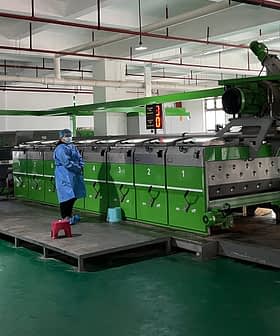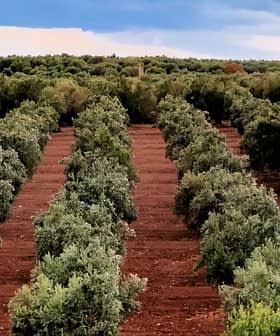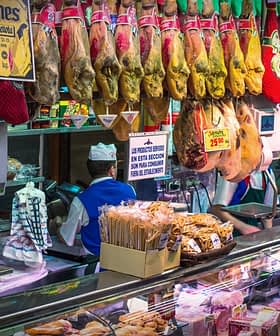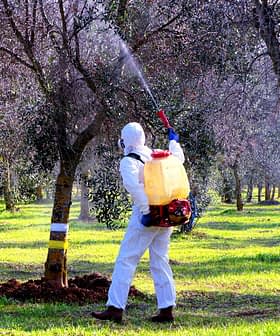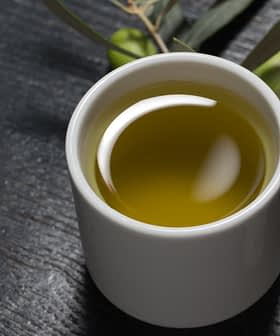Olive Oil Promotions Boost Retailers' Sales, but With a Hidden Cost
Using extra virgin olive oil as a loss-leader allows food retailers to draw customers in a challenging economy, but the olive growers and mills are the ones paying the price.
Italian supermarkets are promoting extra virgin olive oil for less than €3 per liter, a price that is damaging the industry and production chain. Farmers’ associations are warning against the collapse of olive oil prices and are calling for new laws to prevent retailers from using olive oil as a loss-leader in promotions.
Less than €3 ($3.25) per liter.
That is the price for extra virgin olive oil promoted by supermarket chains in their coupons and promotional magazines in Italy, a price so tempting that marketing experts consider it a strong draw for consumers — a way to get them in the door.
Selling off extra virgin olive oil means to debase thousands of years of history, culture, tradition and gastronomy which have shaped our land and identity. It means to condemn olive groves to extinction.
That price is so low, though, that the production chain — from olive growers to the mills — cannot afford it.
See Also:Italian Producers Shortchanged in EU FundingFarmers’ associations all over Italy are again warning that the collapse of olive oil prices is taking a heavy toll on the industry and that the continued manipulation by mass merchants will not help anyone.
A petition on Change.org aimed both at consumers and institutions is growing momentum. It asks retailers not to use olive oil as a loss-leader and calls for new laws against pricing manipulation for marketing purposes.
Olive oil prices are at a record low in Italy prompting the European Union to pay producers to withhold product from the market until prices rebound.
Meanwhile, low-price promotions by food retailers continue to make the rounds, adding more fuel to the fire.
The biggest food chains see their overall sales boosted by consumers’ growing interest in low-priced olive oil offers. Critics of the practice believe those offers conceal the real costs of high-quality olive oil production and erode the perceived value in consumers’ minds.
“It is absolutely necessary to counteract the special low-cost offers by the food retailers that not only cause economic damage to the industry, but those offers also make consumers believe that extra virgin olive oil comes cheap,” said Alberto Statti, president of the farmer association Confagricoltura Calabria.
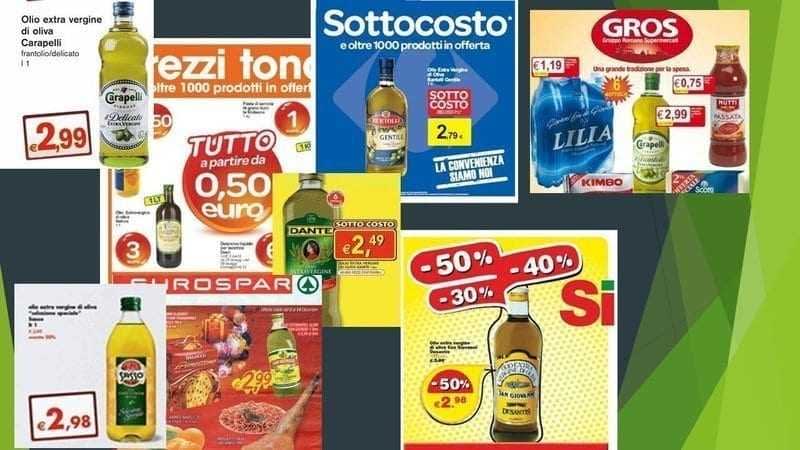
Maria Lisa Clodoveo
“A new law is needed,” Maria Lisa Clodoveo told Olive Oil Times. A professor of food sciences at the University of Bari, Clodoveo launched the “No EVOO Low Cost” petition on Change.org which is attracting growing interest from farmers and consumers alike.
“If you use extra virgin olive oil to allure consumers and make them swarm to your food venues you are not doing a good service to them or to anyone, and you risk damaging the Italian agricultural economy,” Clodoveo said.
Food retailers, the petition says, should be prevented by law from using low-priced extra virgin olive oil in their coupons and promotions.
“Selling off extra virgin olive oil,” Clodoveo wrote in the petition, “means to debase thousands of years of history, culture, tradition and gastronomy which have shaped our land and identity. It means to condemn olive groves to extinction, because a culture that does not provide a fair income to the guardians of biodiversity, the olive growers, is a culture with no social, economic or environmental sustainability.”
Discounts and rebates, so popular among consumers, specifically target extra virgin olive oil because of the important place it holds in the shopping cart of the Italian family.
Looking for the lowest price instead of a fair one for the Mediterranean diet staple, Clodoveo warns, will eventually bring more oils to the market whose quality will not even be worth their price. In other words, we are in a race to the bottom.


